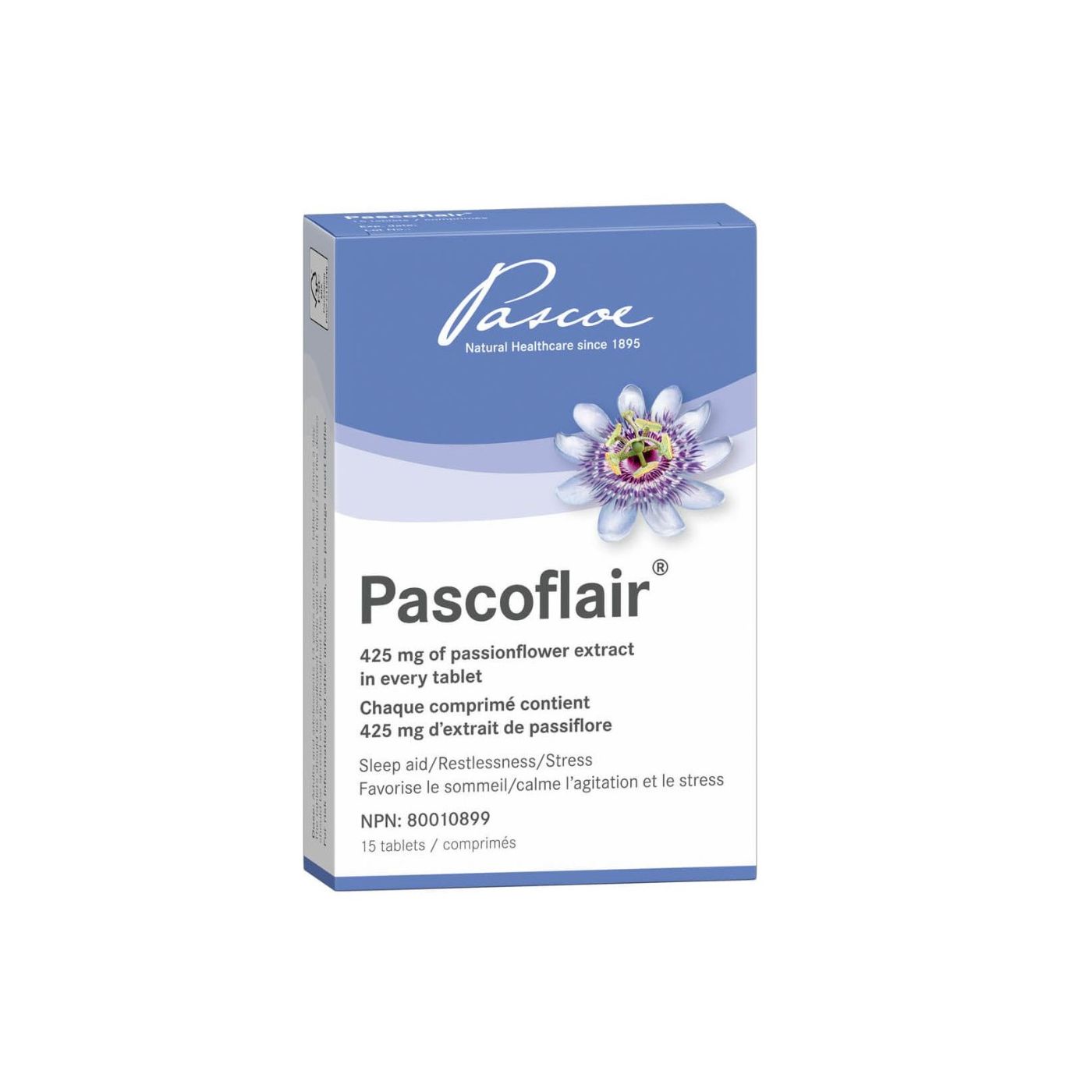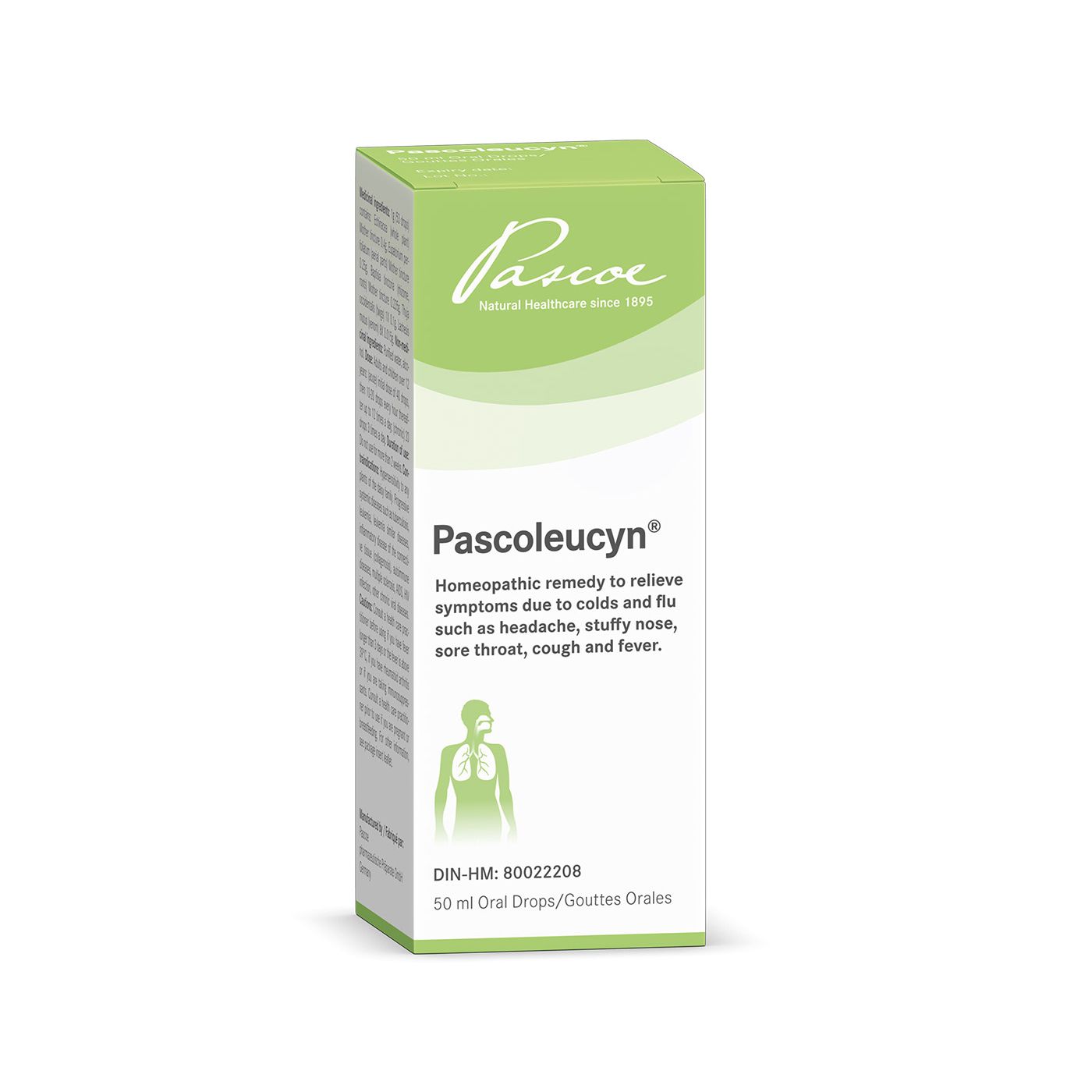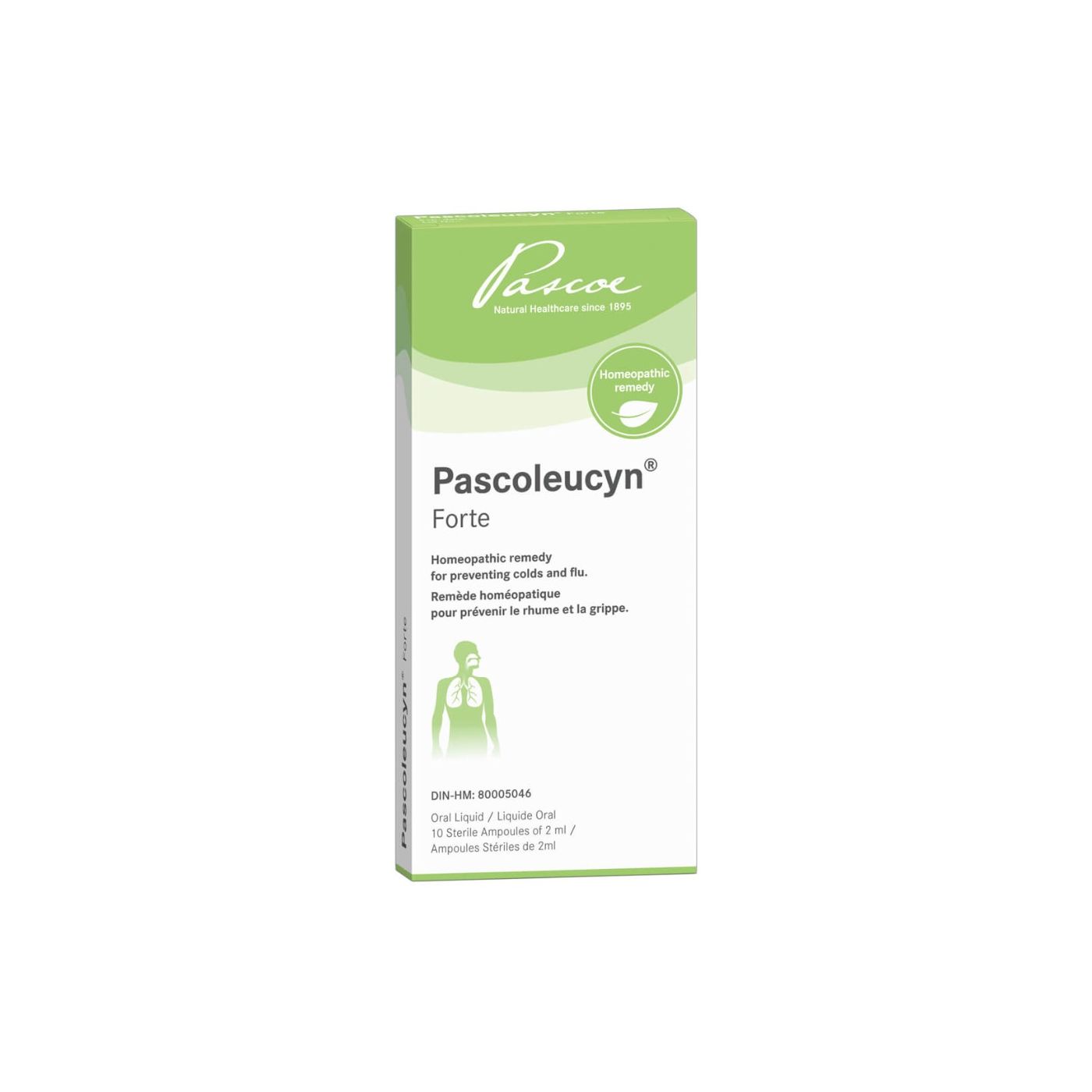Too Much Stress IS Making You Sick
Ever notice when you have a plate full of responsibilities, tight deadlines, and projects that's when you get sick? Well, there's a reason why.
Nowadays, we are all searching for the best way to strengthen our immune system and prevent infections or diseases. What's clear is there is no definitive answer to ensure your immune system functions optimally and avoid burnout. Rather, it's a combination of good practices and factors - eat right, get enough sleep, exercise, and keep your stress in check. It may seem redundant to simply tell you to "relax" considering the ongoing coronavirus situation, nonetheless it's extremely important. Here's why...the immune system and nervous system are intimately connected and stressors can weaken our immune system leaving us at risk for infections or disease. For most of us, psychological stress is just a part of life. And if what was just written holds true, most of us should probably be sick. That being said, acute psychological stressors aren't necessarily what we need to be worried about. It's the long-term psychological stress that has been found to be detrimental and leave us with a weak immune system and disease.


Acute Psychological Stress
As mentioned, there are two types of psychological stress disorders we are all confronted with. The first is acute psychological stress which can be understood as short-term life events or stressful challenges. Stress-related events or factors might be public speaking, an academic examination, or getting a speeding ticket. What the body unconsciously understands is that the immediate psychological, emotional, or physical stress will at some point subside.
Chronic Psychological Stress
Stressors of this nature are unpredictable and pervade the person's life. Under this definition, chronic psychological stress may force the individual to restructure their identity, behaviors, or social roles. There is no understanding of if or when the stress-induced condition will end. Examples of chronic psychological stress may include providing care to a family member with a severe condition such as multiple sclerosis. Another factor is a traumatic injury leading to psychological or physical disability or experiencing early life stress causing post-traumatic stress disorder.
How Chronic Psychological Stress Affects Immune Response
Your body has a built-in response protocol that is activated each time you experience something stressful. A cascade of changes occurs in the nervous, cardiovascular, endocrine, and immune systems. Among the many complex systems is the hypothalamic-pituitary-adrenal (HPA) axis. Located in the brain, the hypothalamus is what initially recognizes a stressor. It sends a message via neurons to the pituitary gland. This gland then sends a message to the adrenal glands, located above your kidneys. In response, the adrenal glands increase the number of stress hormones circulating in the blood. The most important hormone that goes to work during periods of stress is cortisol. Cortisol provides a boost of energy or the "fight-or-flight" feeling. Cortisol also manages stress by powering down any non-essential operations in the body. Unfortunately, this may include digestion, production of growth hormones, and immune functions. Why? To conserve energy and send it to the organs that need it most while under psychological stress. As a consequence, our body experiences immune deficiency and is more at risk of disease and viruses settling in.
Now temporarily elevated cortisol in your nervous system due to acute psychological stress is not a dangerous condition and has a minimal impact on your immunity. In fact, an acute stress response activates the immune system and send macrophages and natural killer cells to their "battle stations". These cells respond within seconds and act as an alarm to prime us for infection and disease. We may start breathing rapidly and our heart rate rises, but this physical response is fleeting. The concern is when psychological stress lasts longer, weeks or months and more. When our acute stress response is repeatedly or continuously activated, the cells become a hindrance. What were once helper cells are now risk factors for causing immune disorders as well as sustained increases in blood pressure causing damaged arteries, plaque formation, and other diseases. Elevated cortisol due to chronic stress can also have more negative consequences on your immune functioning. Long-term elevated cortisol suppresses pro-inflammatory cytokine production and weakens your immune system by reducing the production of white blood cells. Without enough blood cells or immune cells on the hunt for bacterium or viruses, your immune response is much slower. Stress-induced immune system disorders leave your body more at risk of viral infections and diseases.


Several meta-analysis and controlled studies published on stress-mediated immunosuppressive effects have concluded that individuals with stressful life events (lasting a month or longer) had the greatest probability of catching a cold or infection. Miller et al. (2002) argued that immune cells actually become "resistant" to the effects of cortisol. In their glucocorticoid-resistance model, chronic stress causes a reduction or downregulation in the number of cortisol receptors. This factor can lead to an immune deficiency or a weakened immune system causing infection and disease.
How to Manage Long-Term Stress
We can't prevent stressful events from happening but we can learn to manage our reactions and behaviors to stress. While easier said than done, if we don't change our response to stressors, we'll end up in a constant hormonal battle and weakened immune system. To prevent infections and disease, these tried-and-true practices and health-related treatments have been proven to work.
Exercise
We know it's good for your well-being but to improve your mental health, relieve stress disorders and strengthen your immune system, here's why you should do it. Exercise slows down the release of stress hormones. Physical activity can also increase the circulation of antibodies and white blood cells. Exercise may also help flush bacterium and germs out of the airways and lungs to reduce your chance of developing an infection or disease.
Meditation
Studies have found that mindfulness meditation supports mental health concerns by reducing anxiety and depression, and improving sleep.
Social support
Tapping into your social support network can prevent feelings of isolation and loneliness. Friends, family, or others can suppress the effects of emotional distress and improve your ability to cope with stressful situations and mental health concerns like depression or psychological disorders.
Counsellor or Therapy
Psychosocial treatments such as CBT have observed positive effects for reducing distress, alleviating stressors, and enhancing coping skills. Treatment focuses on changing psychological thoughts, behaviors, attitudes, and belief systems.
Supplements for Acute and Chronic Psychological Stress
- Passionflower: Early studies have found this medicinal plant might help relieve anxiety, reduces stress, improves spatial memory, and helps with insomnia. The herb works by boosting the level of GABA in the brain.
- Rhodiola: The herb's active constituents rosavin and salidroside help stimulate the body's stress response system to increase stress resistance. Rhodiola has been shown to improve symptoms like anxiety, exhaustion and irritability
- Ashwagandha: An adaptogenic herb with stress-relieving effects. Studies have found the supplements reduces symptoms like chronic stress, anxiety, and depression


Pascoflair
- Pascoflair is a herbal remedy is made with 425 mg of Passionflower extract
- Traditionally used the calm the mind, help to stop racing thought, and help you fall asleep faster
- No side effects such as non-drowsy, no hangover feeling, no addiction or dependency potential
- No known drug interactions
- Suitable for ages 13 and older
- Proven onset of action in 20-30 minutes






